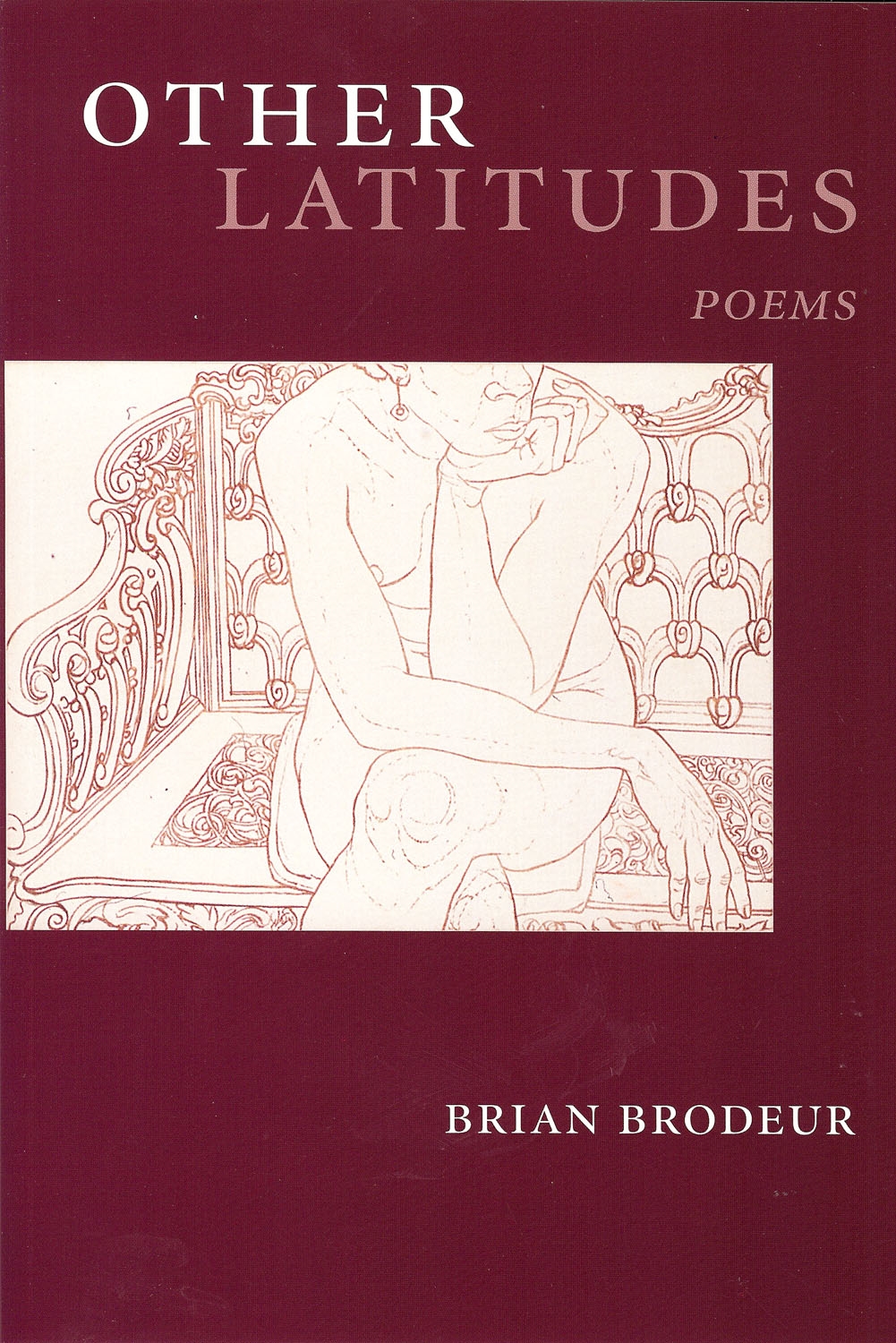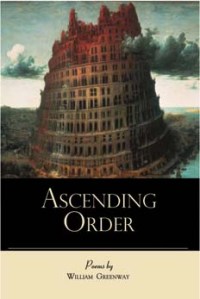Description
Winner of the 2007 Akron Poetry Prize
Attempting to repair the fissures of everyday life, Brian Brodeur negotiates the psychological distances between desire and disgust, humor and catastrophe, banality and dream. The poems of Other Latitudes begin in the realm of personal experience, and expand into larger territories of cultural narcissism and political blindness. These poems meditate on the tenuous relationship between artist and subject, the curiosities of self-inflicted wounds, and the presence of hope in a landscape that is intrinsically scarred. Brodeur’s debut illustrates the conflict between inner lives and their outward appearances, with an eye turned to the unforgiving natural world.
In Other Latitudes, Brian Brodeur’s excellent and finely measured first collection, he writes, “Light moves across the counter, almost touching her hand, / shattering over an open drawer of knives.” It is an image typical of his ability to yoke the beautiful and the dangerous, and offer them to us without prejudice; in fact, with an equilibrium that bespeaks an inclusive, clear-eyed engagement with the world. Brodeur’s world is one of layers and shadings. His diction is limpid and precise, his ear a fine-tuned instrument for registering nuance. And when he writes about nature, he’s equally adept, employing a vocabulary that does what the best nature writing can do: reinvigorate its subject. The aster, for example, “spreads its spiny / roots through chaff, unfurls / in cold clusters, tussocks / shaking, feeds / on ditch water, the sweet / decay found there.” I’m pleased to have found such poems, and such a talent.
—Stephen Dunn
Brian Brodeur’s impressive collection, Other Latitudes, begins with a calving, a miracle and its aftermath, and then advances its taxonomy of suffering and violence, pleasure and shame, murder, thievery, and pure erotic joy. These are poems of intelligent emotional complexity—tenderness for the blind and widowed deer hunter, a harrowing sympathy for a cutter’s self-mutilation, a nuanced appreciation of the frisson between artist and figure model, recognitions of the banality of funerals, and the unanticipated guilt in recounting what is endured in cities under siege. The language under Brodeur’s pen is as startling as his poems are wise. This book is more than a debut—it is the work of an already mature and accomplished poet.
—Carolyn Forché
Reading Brian Brodeur, I am reminded of St. Augustine’s assertion that “To blame the fault of a creature is to praise its essential nature.” In the lyric narratives of his debut collection, Other Latitudes, which is urgent, evocative, and, at times, disturbing, Brodeur shows us that the wide expanse of the heart is rife with flaw and error and in showing us its flaw, praises it. Human relationships—the tragic and the comedic—are his subject and he testifies to their essential vitality and complexity with a capacious wit, a quick intelligence, and an enduring generosity.
—Eric Pankey




